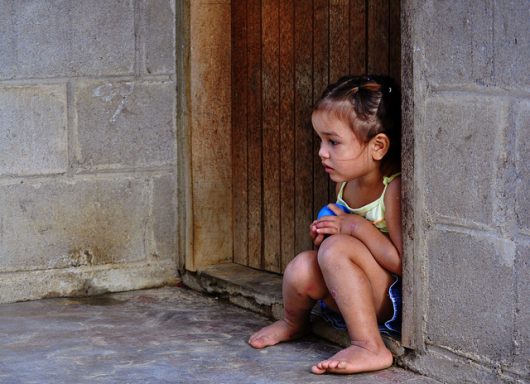Debt Crisis Bill Reduces Child Poverty in Puerto Rico

The United States House of Representatives amended the Puerto Rico debt crisis legislation and passed a bill aimed to reduce child poverty in Puerto Rico.
The legislation received support from both parties and passed in a landslide last Thursday. The voice vote approved the bill at 297-127.
The amendment will now move to the U.S. senate, where it is expected to receive a similar level of support.
Representatives David Jolly and Carlos Curbelo (R-FL) were the coauthors of the bill. It is a part of the Puerto Rico Oversight, Management and Economic Stability Act, or PROMESA.
PROMESA is designed to allow the Puerto Rican debt commission to continue its work on a professional survey of the debt plaguing the island.
However, the second part of the amendment requires the territory’s Congressional Task Force on Economic Growth to report any recommended programs or changes to federal law needed to reduce the number of children living in poverty in Puerto Rico.
According to the most recent Community Report of the U.S. Census from 2010, 56 percent of Puerto Rico’s children live below the poverty line. Some estimates are even higher.
The island is also $72 billion in debt. Because of this major debt crisis, the territory has had to close nearly 250 schools and hospitals. The crisis also forced them to lay off many workers.
But it wasn’t just the high poverty rate that motivated this bill. The debt crisis negotiations took on a high level of urgency due to the recent breakout of the mosquito-born virus known as Zika.
The territory may see a significant number of cases of this virus. In addition, the outbreak would likely add to the strain the island is already facing in its public health district. This could lead to an even bigger increase in poverty levels, and it has prompted U.S. policy makers to act.
The executive director of the religious development coalition Jubilee USA, Erin LeCompte, was a strong advocate for the amendment.
He said that it was important to design the language of the bill to create a clear set of targets for child poverty reduction. He labeled the amendment as a “moral imperative.”
“Child poverty in Puerto Rico is its own crisis. I’m grateful for such bipartisan support in the House of Representatives to address the high child poverty rates in Puerto Rico. As we reduce the debt we must reduce the 56% child poverty rate on the island,” LeCompte said.
A number of additional religious groups also supported the child poverty reduction amendment. Some of these include the US Conference of Catholic Bishops, Catholic Charities USA, the United Methodist Church, the Presbyterian Church of USA, the United Church of Christ, the Union of Reform Judaism and the Church of the Brethren.
– Katie Grovatt
Photo: Flickr
